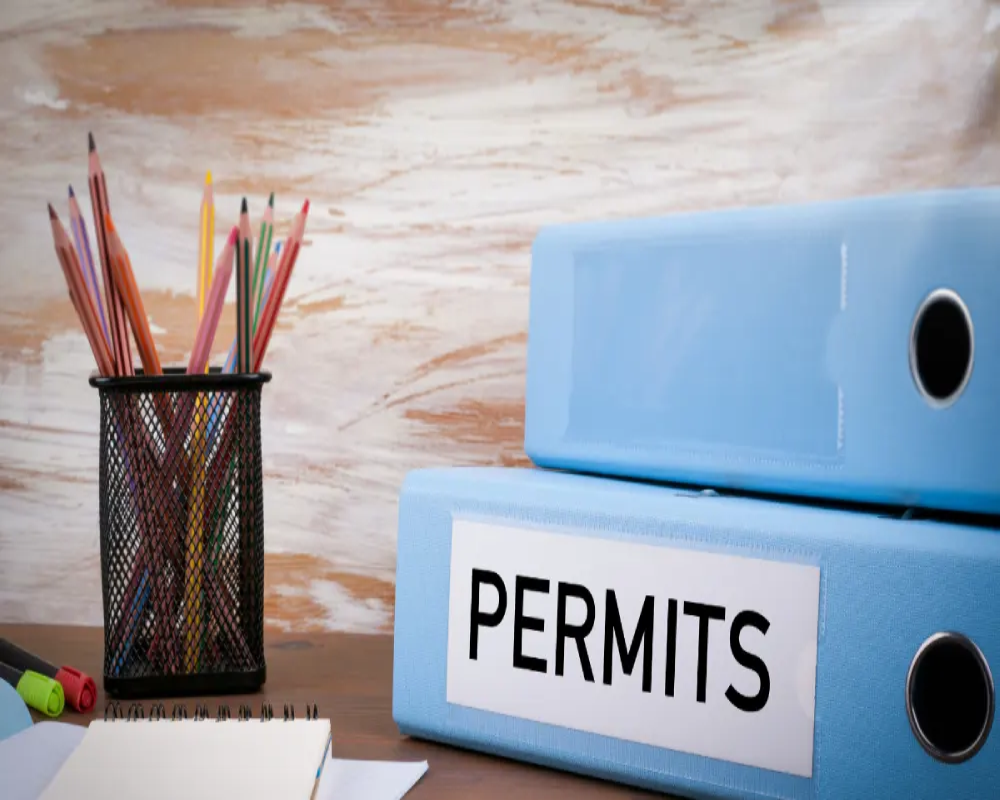Defined by Local Jurisdiction Regulations
Utility permits—such as those for water, sewer, electric, and gas connections—typically have expiration dates established by the issuing city, county, or utility authority. These timeframes vary based on location and permit type.
- Common expiration periods range from 6 months to 1 year after issuance
- Permits may expire if construction or installation does not begin within a specified time
- Renewal policies differ by agency and may require reapplication or additional fees
Linked to Project Milestones and Inspections
Permit validity is often tied to the progress of the project. If inspections are not scheduled or the work is not completed within the active period, the permit may lapse.
- Expiry may occur after a set time with no inspection or work activity
- Final utility inspection and sign-off must occur before permit closure
- Stalled or delayed projects may need new applications or updated plans
Extensions and Renewals May Be Available
Most permitting authorities offer options to extend or renew utility permits before they expire. Applicants must request extensions in writing and may need to justify the delay or update project details.
- Extensions typically granted for 30 to 180 days, depending on jurisdiction
- Renewals may involve additional fees or updated code compliance
- Failure to renew may result in permit termination and re-submission of plans


